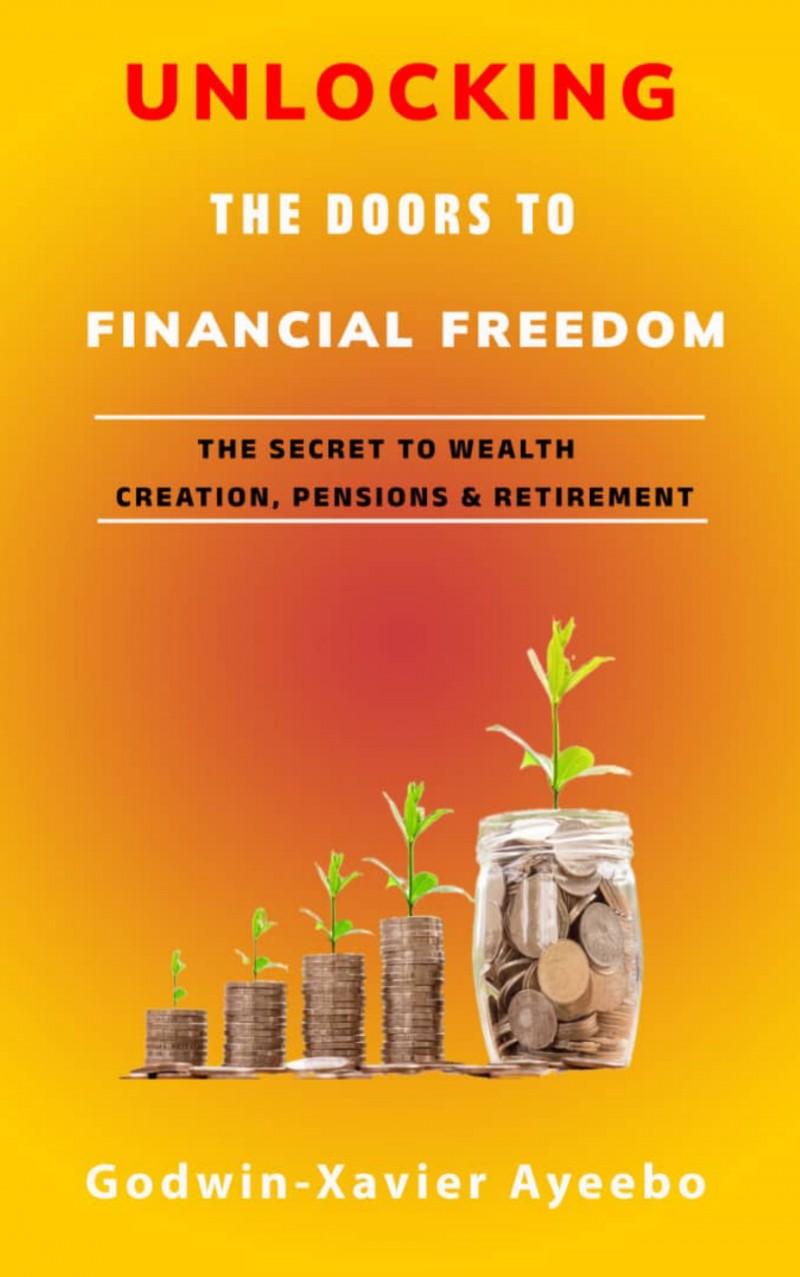In today’s financial landscape, the significance of a credit score often looms large, shaping the opportunities available to individuals seeking loans, mortgages, and other financial services. Yet, what happens when that score doesn’t reflect the true financial potential or responsibility of an individual? The good news is that an array of alternatives exists, empowering those without traditional credit histories to unlock financial doors previously thought closed. This guide explores innovative strategies and resources designed to bridge the gap, offering insights on navigating the financial world without relying on a credit score. Whether you’re a recent immigrant, a young adult starting fresh, or someone simply looking to rebuild, empowering yourself with knowledge can pave the way to financial freedom and security. Join us as we dive into effective methods and tools that can help you carve out your path to financial success, irrespective of your credit score.
Exploring Alternative Identification Methods for Financial Opportunities
As traditional credit scores often exclude many individuals from accessing financial opportunities, exploring alternative identification methods can open new doors. Lenders and financial institutions are beginning to recognize the importance of leveraging non-traditional data to assess an individual’s creditworthiness. This includes factors such as:
- Payment histories: Regular payments for utilities and rent can strengthen your financial profile.
- Banking behavior: Analyzing account balance trends and savings patterns offers insights into financial habits.
- Income streams: Providing documentation of consistent income from jobs or freelance work can bolster your application.
Furthermore, innovative fintech solutions are emerging that utilize technology to evaluate risk in new, comprehensive ways. Alternative credit assessment tools consider various aspects to provide a more nuanced view of a borrower’s potential. Some notable methods include:
- Social media analysis: Evaluating online presence and peer connections can provide insights into personal reliability.
- Machine learning algorithms: These can predict creditworthiness by analyzing thousands of data points far beyond credit scores.
- Peer-to-peer lending platforms: These encourage direct lending, often relying on personal connections or community-based evaluations.

Building a Strong Financial Foundation Beyond Traditional Credit Scores
Building a strong financial foundation without relying solely on traditional credit scores involves exploring various alternative avenues. Consider the following options that can enhance your financial profile:
- Income Stability: Consistent income from employment or other reliable sources underscores your ability to meet financial obligations.
- Bank Statements: Demonstrating your saving habits and cash flow through bank statements can provide lenders with insight into your financial health.
- Payment History: Showing a track record of timely payments on bills, utilities, or rent can help establish your reliability as a borrower.
- Asset Ownership: Owning valuable assets, such as real estate or savings accounts, can serve as collateral, enhancing your borrowing power.
Another crucial aspect involves utilizing modern financial solutions that don’t depend directly on credit scores. Some alternatives include:
- Peer-to-Peer Lending: Platforms that connect borrowers with individual lenders often bypass traditional credit assessments.
- Credit Union Membership: Many credit unions offer more personalized services and are often more flexible than traditional banks.
- Alternative Credit Scoring: New models calculate creditworthiness based on social data or other non-traditional metrics.
- Secured Credit Cards: These cards require a deposit, reducing risk for lenders and helping you build credit if used responsibly.
Navigating Non-Traditional Lenders and Financing Options
Exploring non-traditional lenders can be a game-changer for those seeking financial support without the constraints of traditional credit scores. These lenders often prioritize alternative data and personal attributes rather than solely focusing on credit history. Consider the following options:
- Peer-to-Peer Lending: Connect directly with individual investors willing to fund your loan.
- Credit Unions: Often have more flexible lending criteria and may offer lower interest rates.
- Online Lenders: Platforms like Avant and Upstart provide quick access to funds and assess your creditworthiness in innovative ways.
When evaluating non-traditional financing options, it’s crucial to understand their unique characteristics and what they require from borrowers. Many of these lenders provide transparent terms, enabling you to make informed decisions. Below is a comparison of a few popular non-traditional financing sources:
| Lender Type | Application Process | Funding Speed |
|---|---|---|
| Peer-to-Peer | Simple online application | 1-2 weeks |
| Credit Union | Membership required | 3-5 days |
| Online Lender | Quick digital application | 24-48 hours |
Empowering Your Financial Future Through Strategic Planning and Education
Strategic financial planning is essential for navigating a world where credit scores are often seen as the gateway to financial opportunities. By adopting a proactive approach, individuals can create pathways to financial success that do not solely depend on their credit history. Focus on building strong budgeting habits, cultivating an emergency fund, and seeking alternative financing options. These strategies not only enhance financial literacy but also empower individuals to control their financial destiny without the confines of traditional credit scoring.
Education plays a pivotal role in this journey. Understanding the components of a financial plan can demystify the process and equip individuals with the tools needed to make informed decisions. Essential elements include:
- Assessing current financial status
- Setting achievable short-term and long-term goals
- Learning about investments beyond traditional credit
A clear financial roadmap, developed through education and strategic planning, not only helps in identifying opportunities but also in building the confidence necessary to unlock doors and achieve a stable financial future.
Closing Remarks
In a world where a credit score often dictates financial opportunities, breaking free from its conventional constraints can feel daunting. However, this guide has illuminated various pathways by which individuals can unlock financial doors, harnessing alternative methods to build trust and secure funds. Whether through personal relationships, innovative financial products, or leveraging assets, the tools to thrive are within reach. As you embark on this journey, remember that financial empowerment is not solely about numbers-it’s about resilience, creativity, and embracing opportunities that align with your unique circumstances. Keep exploring and redefining what financial freedom means for you, and soon you’ll discover that the absence of a credit score doesn’t have to limit your aspirations. Your financial future is bright; seize it with confidence.












